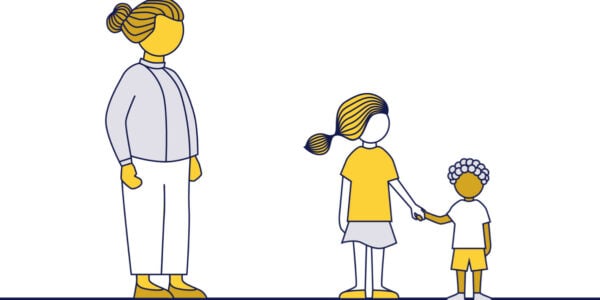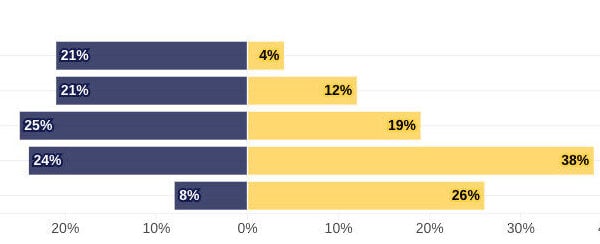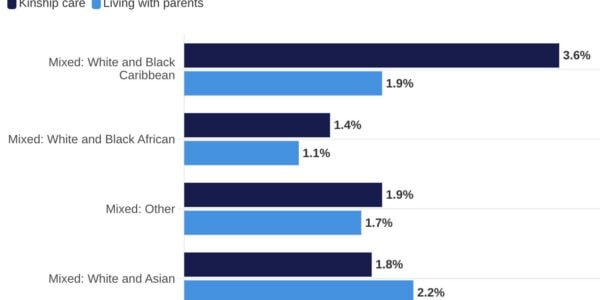We know that being looked-after as a child is associated with poorer outcomes in early adulthood.
This includes worse physical and mental health, lower educational attainment, higher rates of unemployment, and less stability of housing after care. However, follow-up periods have mostly ended in young adulthood and based on small population-based samples.
This infographic blog, the first in a new series for Nuffield FJO, summarises recent research by Professor Amanda Sacker, Dr Emily Murray and Dr Rebecca Lacey from University College London and Professor Barbara Maughan from Kings College. The research explores the long-term health and social outcomes in adulthood of sequential cohorts of children, comparing the outcomes of children living in residential care, in foster care (either formal or informal), with relatives, or with one or more parent.





